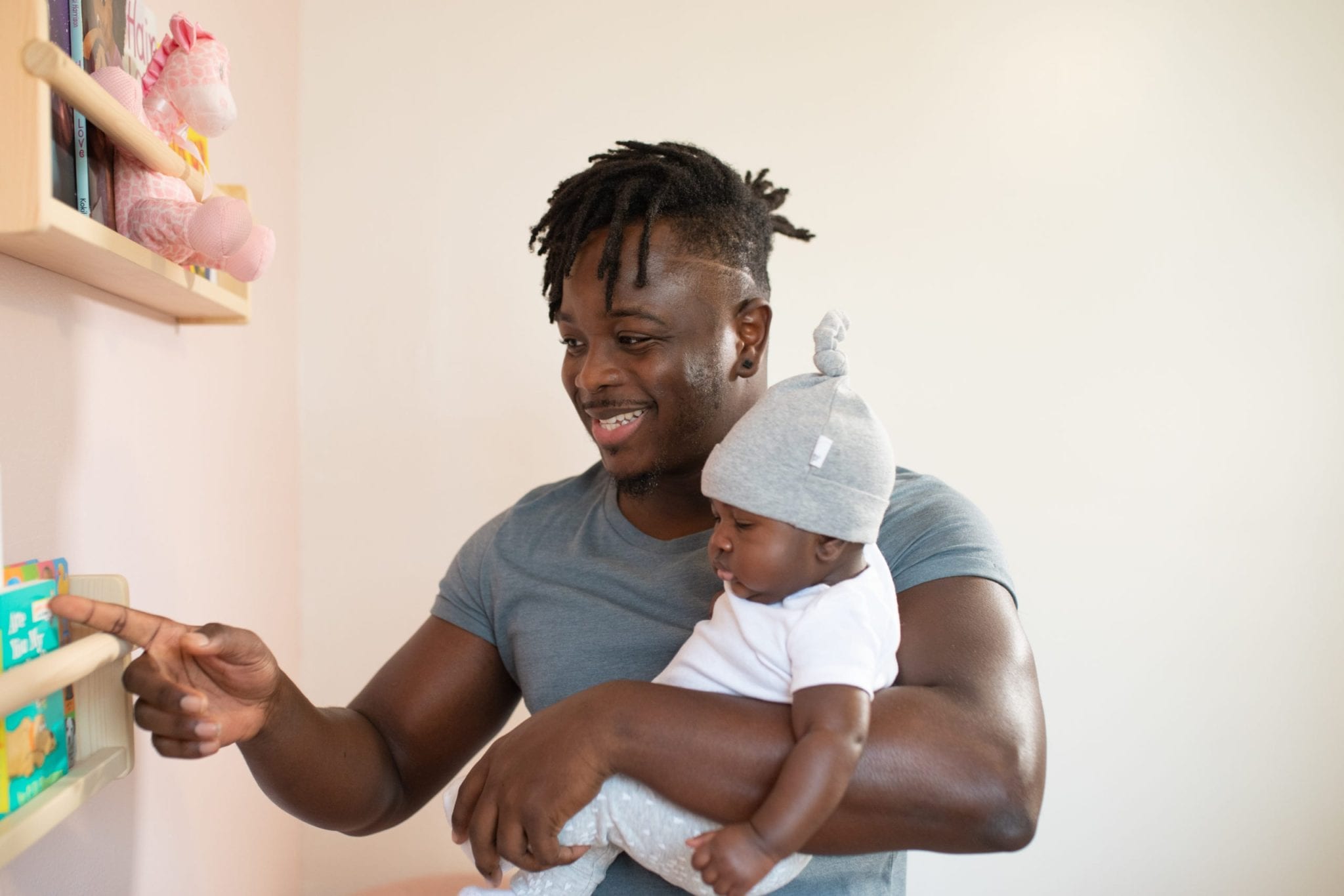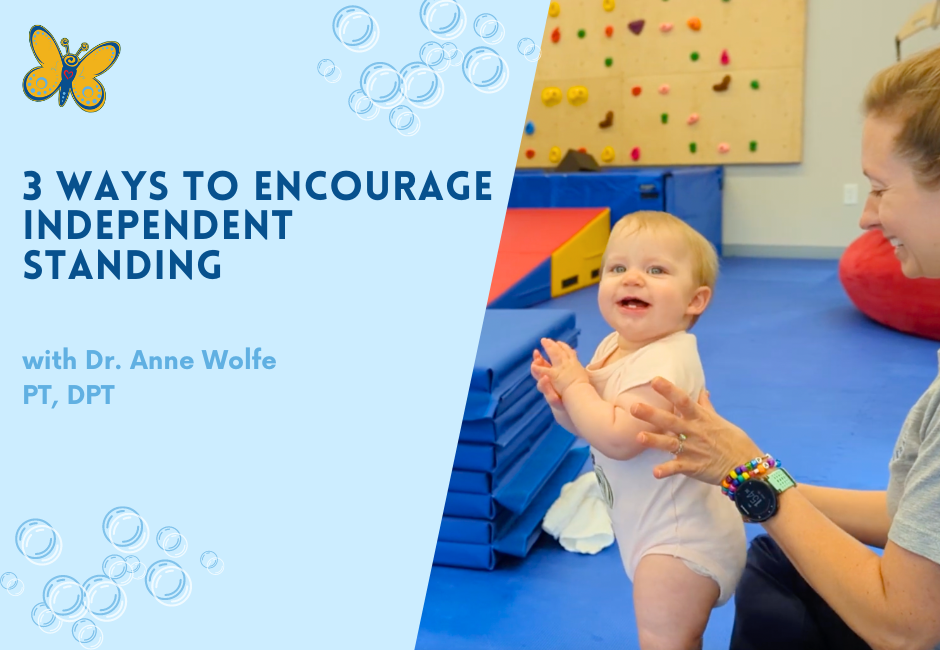Infant Therapeutic Services
At Emerge Pediatric Therapy, our Infant Team consists of Occupational, Speech and Physical Therapists who have training and expertise in working with infants. Our therapists are equipped with the tools to help support infants reach their early developmental milestones (such as rolling, sitting upright, or crawling), torticollis and/or plagiocephaly, feeding difficulties, tongue and lip ties, parent/child bond, and more. Emerge offers a variety of programs for infants including one-on-one sessions, consultative services, infant massage training, and parent workshops.
You and your infant may benefit from Occupational Therapy or Physical Therapy services to…
- Support your baby’s healthy development!
- Get guidance on positioning support
- Improve baby’s sleep
- Improve tummy time
- Support feeding and weight gain
- Improve breast or bottle feeding
- Reduce signs of infant stress
- Learn sensory-based soothing strategies and play idea
- Support development after time in the NICU or special care nursery

Check out the information below to learn about the different infant therapeutic services Emerge has to offer! If you are not sure what you need or want, fill out our Initial Inquiry form (the red “Get Started” button on this page will take you there) or give us a call to speak with a therapist.
Individual Therapy
Individual Occupational Therapy, Physical Therapy and Feeding Therapy provide one-on-one support in meeting developmental milestones including fine motor, gross motor, feeding, regulation and more.
Read More
- Delayed in gross motor milestones such as sitting, crawling, or walking or fine motor skills including bringing hands to midline, pinching small objects and using two hands to push and pull.
- Our feeding specialists and lactation consultants can address difficulties with breastfeeding, bottle feeding, transitioning to purees and to solids.
- Our orofacial myologists can support pre and post tongue and lip tie releases for optimal healing and function.
Infant Massage
In this 5-session program, parents/caregivers will receive direct instruction in infant massage strokes and the associated benefits. Infant massage programs are offered in a variety of formats depending on the need. Click to see the full Infant Massage page!
Read More
Related Videos
Related Blog Posts
Learn More
Pathways.org
Pathways.org
American Academy of Pediatrics
American Academy of Pediatrics
AAP parenting website- for Baby
“The Whole-Brained Child,” by: Daniel J. Siegel & Tina Payne Bryson
“The Whole-Brained Child,” by: Daniel J. Siegel & Tina Payne Bryson

